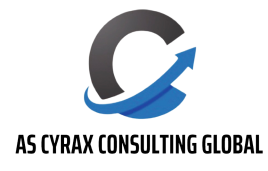ISO 9001:2015 Quality Management System (QMS). Here’s a brief overview of what you need to know:
- Introduction to ISO 9001:2015:
- ISO 9001:2015 is an internationally recognized standard that outlines the requirements for a quality management system.
- It provides a framework for organizations to demonstrate their ability to consistently provide products and services that meet customer and regulatory requirements.
- Key Principles of ISO 9001:2015:
- Customer focus: Organizations should understand and meet customer requirements.
- Leadership: Leadership plays a crucial role in establishing and maintaining the QMS.
- Engagement of people: Involving employees at all levels enhances their contribution to the QMS.
- Process approach: Identifying, understanding, and managing interrelated processes contributes to the effectiveness and efficiency of the organization.
- Improvement: Continual improvement is essential for enhancing performance and achieving objectives.
- Evidence-based decision making: Decisions should be based on analysis and evaluation of data and information.
- Requirements of ISO 9001:2015:
- Context of the organization: Understanding the internal and external factors that affect the organization.
- Leadership: Top management commitment and involvement in the QMS.
- Planning: Establishing objectives and processes necessary to deliver results in accordance with customer requirements and relevant laws and regulations.
- Support: Providing resources, competence, awareness, communication, and documented information to support the operation and monitoring of processes.
- Operation: Planning, implementing, and controlling processes to meet requirements and enhance customer satisfaction.
- Performance evaluation: Monitoring, measuring, analyzing, and evaluating performance against key performance indicators.
- Improvement: Taking actions to continually improve the performance of the QMS.
- Benefits of Implementing ISO 9001:2015:
- Enhanced customer satisfaction
- Improved efficiency and effectiveness
- Better risk management
- Increased market opportunities
- Enhanced reputation and credibility
In conclusion, ISO 9001:2015 provides a comprehensive framework for organizations to establish, implement, maintain, and continually improve a quality management system. By adhering to its principles and requirements, organizations can achieve operational excellence and deliver products and services that consistently meet customer expectations.

